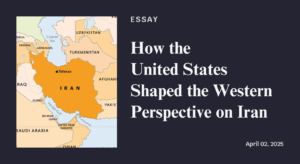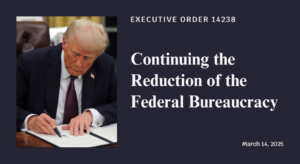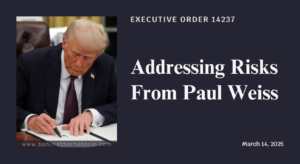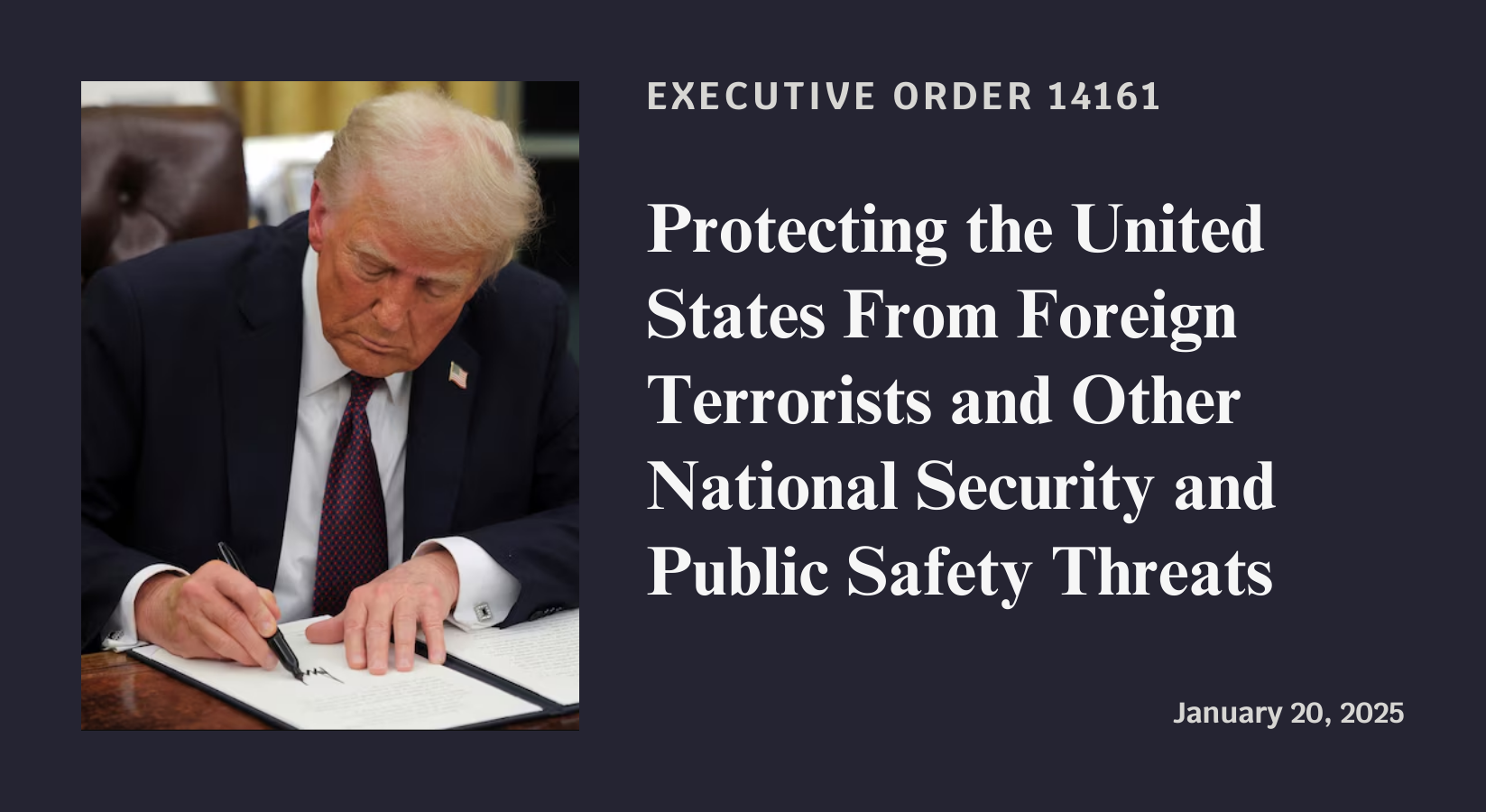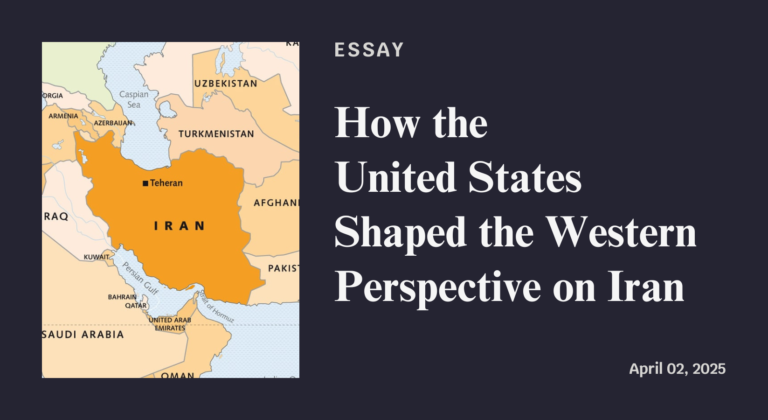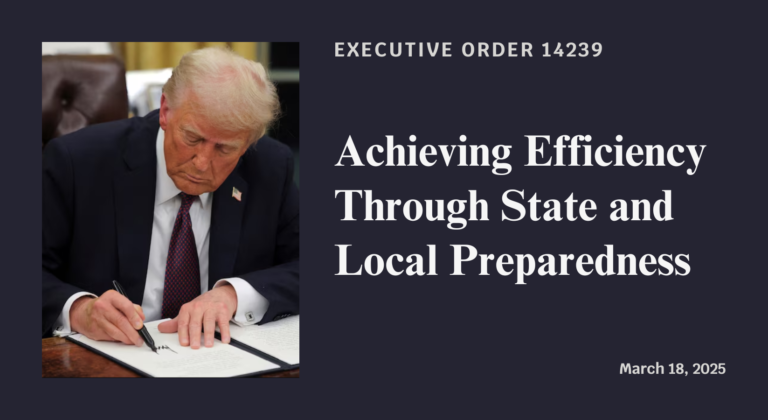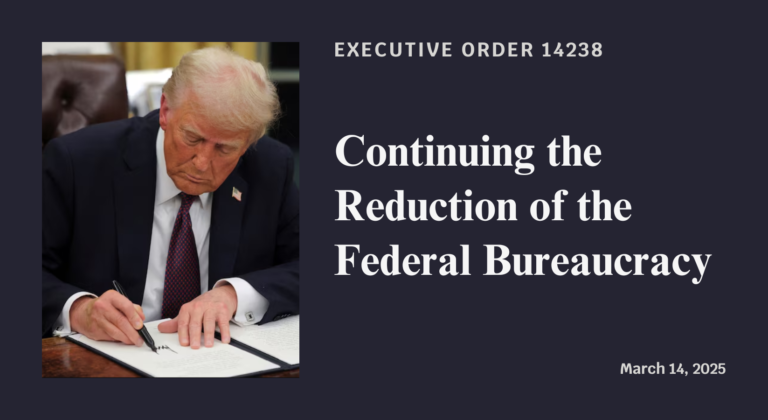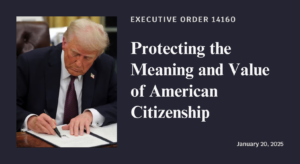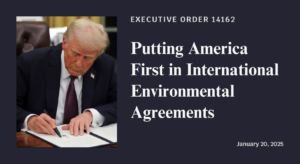Executive Order 14161
Protecting the United States From Foreign Terrorists and Other National Security and Public Safety Threats
Signed on January 20, 2025
On January 20, 2025, President Trump signed Executive Order 14161, which claims to protect national security by imposing extreme vetting measures on immigrants, refugees, and visa applicants. The order expands government surveillance, directs agencies to identify entire countries for potential travel bans, and increases deportations for those deemed a security threat. These policies closely resemble Trump’s 2017 “Muslim Ban,” reviving nationality-based immigration restrictions under the pretense of public safety.
🔗 Read the Executive Order on the Federal Register
🔗 Read the White House Announcement
What You Should Know
This order revives the Muslim Ban under a different name.
Trump’s executive order directs agencies to impose heightened vetting standards on visa applicants and identify entire countries for immigration restrictions. Similar language was used in his 2017 “Muslim Ban,” which disproportionately targeted Muslim-majority nations and was widely criticized as discriminatory and ineffective. Courts ruled against previous versions of these policies, citing religious bias rather than legitimate security concerns. National security experts have debunked the claim that nationality-based bans prevent terrorism, instead highlighting how they fuel xenophobia and harm U.S. diplomatic relations.
The vague language of “hostile attitudes” allows for ideological targeting.
This order directs immigration authorities to evaluate whether immigrants “bear hostile attitudes toward American culture, government, and institutions.” This broad and undefined standard could be used to deny entry or deport individuals based on political beliefs, religious practices, or activism. There is no legal framework for determining what constitutes a “hostile attitude,” making this language a dangerous tool for discrimination and abuse.
The order expands government surveillance and mass deportations.
Trump’s directive calls for intelligence agencies to work with the Department of Homeland Security to monitor, vet, and screen all immigrants and visa applicants “to the maximum degree possible.” It also orders the immediate removal of noncitizens identified as security threats, even before due process is completed. This language signals an increase in data collection, expanded surveillance programs, and a renewed push for mass deportations—policies that have led to wrongful detentions, racial profiling, and the separation of families.
Who Wins?
Far-right nationalist groups and anti-immigrant politicians
This order aligns with the agenda of far-right nationalist groups that have long pushed for extreme restrictions on immigration. It caters to Trump’s political base, reinforcing the false narrative that immigration is a national security threat despite overwhelming evidence that immigrants contribute positively to the U.S. economy and commit crimes at lower rates than native-born citizens.
Private prison corporations and detention centers
More detentions and deportations mean more government contracts for private prison companies, which profit from incarcerating immigrants. These corporations have faced numerous human rights lawsuits for inhumane conditions, medical neglect, and abuse within detention facilities.
Authoritarian leaders who seek to justify their own crackdowns
This order gives authoritarian regimes around the world a precedent to justify their own immigration restrictions and human rights abuses under the guise of national security. By legitimizing nationality-based bans and ideological vetting, the U.S. weakens its position as a defender of democratic values and human rights.
Who Loses?
Immigrants and Asylum Seekers
This order will result in more people being denied entry or deported based on vague criteria. Refugees fleeing war, persecution, and violence will face additional barriers to seeking safety in the U.S., despite international legal obligations to protect them.
Muslim and Middle Eastern communities
Trump’s first travel ban disproportionately targeted Muslim-majority nations, and this new order appears designed to do the same. It increases surveillance and suspicion toward Muslim immigrants, fueling Islamophobia and contributing to discrimination against Muslim Americans.
U.S. Diplomatic Relations and Global Standing
Past versions of these policies led to global condemnation and strained relationships with key allies in the Middle East, Africa, and South Asia. This order revives those tensions, harming U.S. diplomatic credibility and making international cooperation on security and trade more difficult.
Civil Rights and Constitutional Protections
This order sets a dangerous precedent for government overreach. The vague criteria for identifying “hostile attitudes” toward American institutions open the door for First Amendment violations. Individuals could be surveilled, denied entry, or even deported based on political speech, religious beliefs, or perceived ideological leanings.
Executive Order 14161 is a thinly veiled attempt to reinstate Trump’s failed Muslim Ban, using national security as an excuse to justify discriminatory immigration policies. It grants unchecked power to government agencies to surveil, profile, and deport immigrants based on vague, subjective criteria rather than credible threats.
This policy does not make America safer. It fuels xenophobia, weakens civil liberties, and damages global relationships. Fear-mongering about immigration has long been a tool of authoritarian leaders, and this order follows that same dangerous pattern. Misinformation about immigration policy is rampant, and it’s critical to push back against these harmful narratives with facts and evidence.
Take Action
Contact your representatives and demand accountability.
Call or email your congressional representatives to oppose this executive order and any attempts to implement nationality-based travel bans. Demand oversight of immigration policies that expand surveillance and mass deportations.
Support organizations fighting for immigrant and refugee rights.
Donate to or volunteer with groups like the ACLU, the National Immigration Law Center, and the Council on American-Islamic Relations (CAIR), which are actively challenging discriminatory immigration policies in court and providing support to affected communities.
Educate your community on the realities of immigration and national security.
Misinformation about immigrants fuels fear-based policies. Share fact-based resources that debunk false narratives linking immigration to crime and terrorism. Have conversations with friends and family about the real impact of these policies.
Advocate for policies that protect asylum seekers and refugees.
Push for legislative action that upholds humanitarian protections, ensures due process in immigration cases, and prevents discrimination in the visa and refugee screening process. Support candidates and lawmakers who prioritize fair and just immigration policies.
Misinformation and fear are powerful tools used to justify harmful policies. Always fact-check, research independently, and push back against narratives designed to divide and discriminate. The best way to fight policies like this is to stay informed, take action, and hold leaders accountable for the impact of their decisions.
